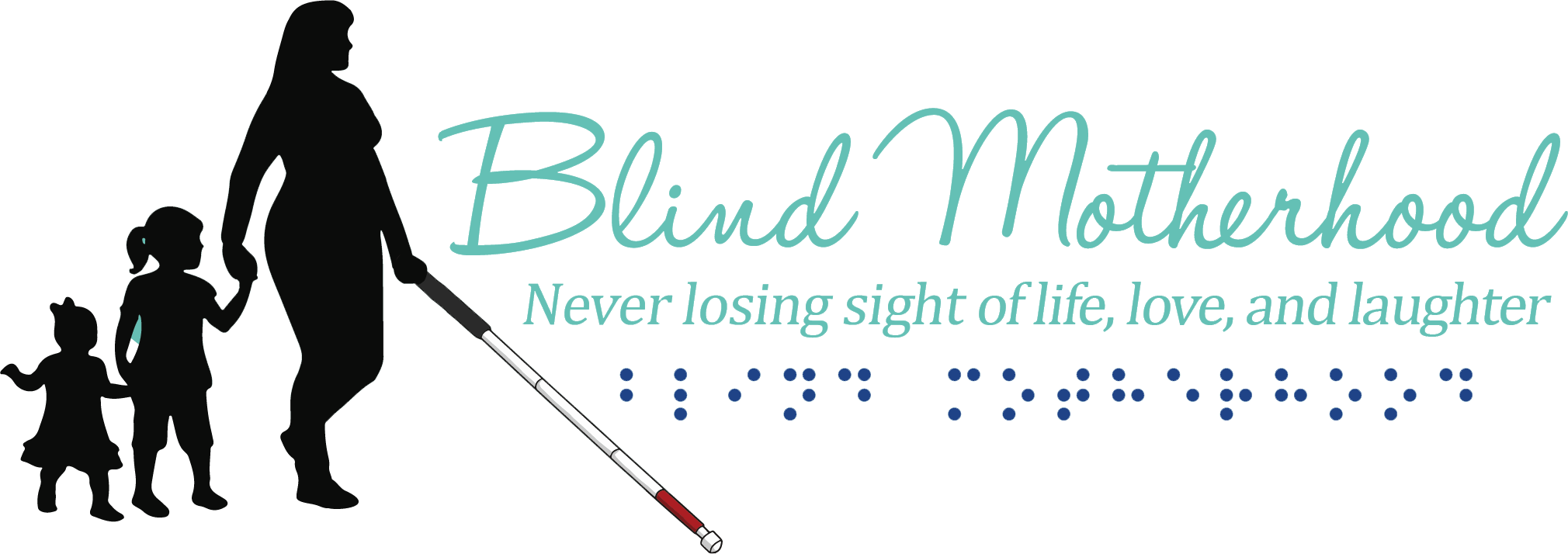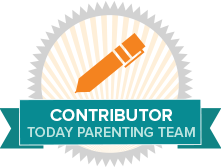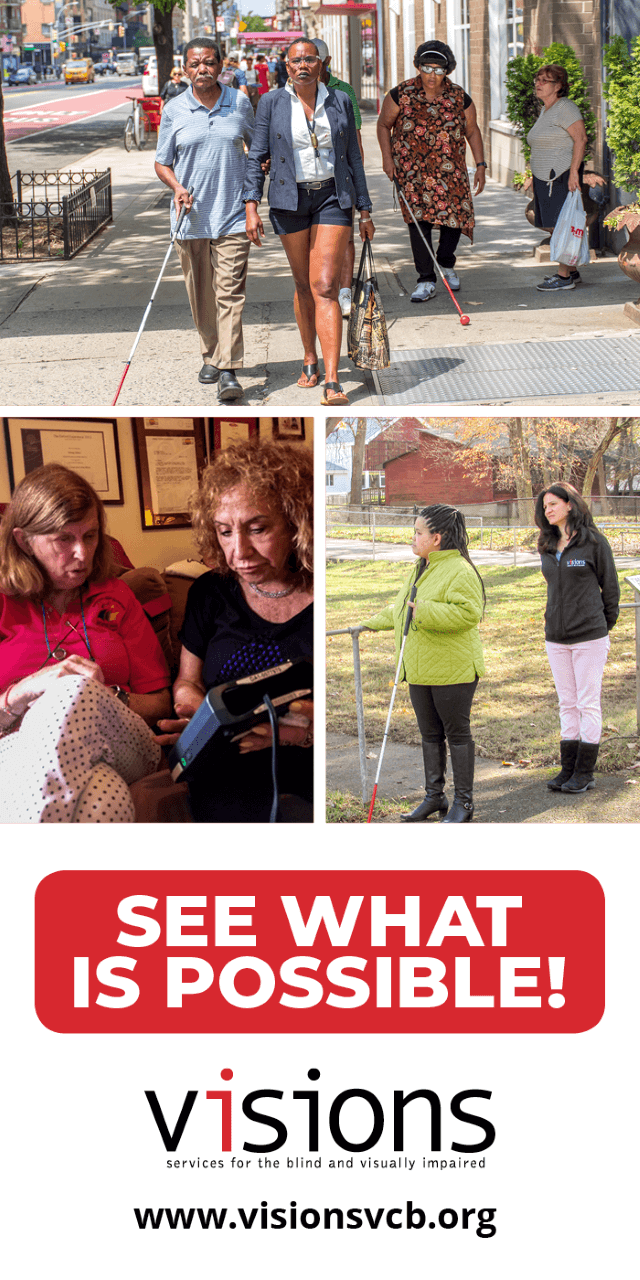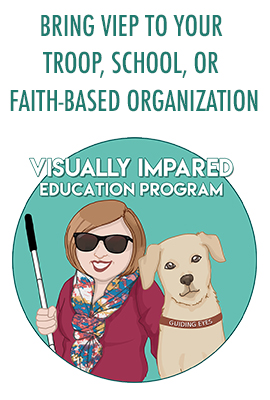Once you determine you are ready to start your family, it is important to consider the medical implications of having a child. Most women think they only need to see their gynecologist when they begin to plan for pregnancy. However, it is equally important to see your primary physician, dentist, and ophthalmology specialist. These medical professionals will make up your support team and will provide much-needed guidance throughout the duration of your pregnancy as a blind or visually impaired woman. Review this medical checklist for a summary of what you might expect during a visit:
Medical Implications:
- A primary physician will make sure you’re up to date on all your vaccinations. You may also be screened for STD’s and heart-related health issues like high blood pressure. If you are currently taking any medications, ask your doctor if they are safe to take during pregnancy.
- Dentists can evaluate tooth and gum health. Having your teeth examined pre-pregnancy also provides your dentist with the opportunity to take any necessary x-rays (which are often avoided during pregnancy) and initiate emergency dental work.
- A pre-pregnancy appointment with your eye doctor is also recommended. If your vision loss was the result of congenital eye disease, your eye care professional may order genetic testing or collaborate with your OBGYN to develop an adequate care plan. The hormonal and physical changes that accompany pregnancy may already cause vision issues in some women. If you are currently living with blindness or a visual impairment, it is imperative to discuss how carrying a child can impact your overall eye health during the course of your pregnancy.
Make sure you are happy and comfortable with your entire medical team. Have an honest discussion with each of them regarding the possibility of treating you throughout your pregnancy. Carefully listen to their recommendations. If during this conversation, you feel any of your doctors or their staff exhibit negative or prejudicial opinions about an impending pregnancy solely because of your visual impairment, seek a second opinion. If needed, change your practitioner before pregnancy.
Unfortunately, I encountered a serious problem with an ophthalmology practice during my second pregnancy. The office staff and technicians became increasingly rude when my husband and I would come to the office. With one baby in a car seat and another on the way, comments were made on how I intended to parent two children independently. I requested a referral for another eye specialist and changed doctors before my second daughter was born. It was the best choice for my health, both physically and emotionally.
Be sure to read Checklist #1: Are You Ready and stay tuned for my next post — Checklist #3: Resources and Services.

Pictured: Holly – 8 months pregnant in December 2012.










